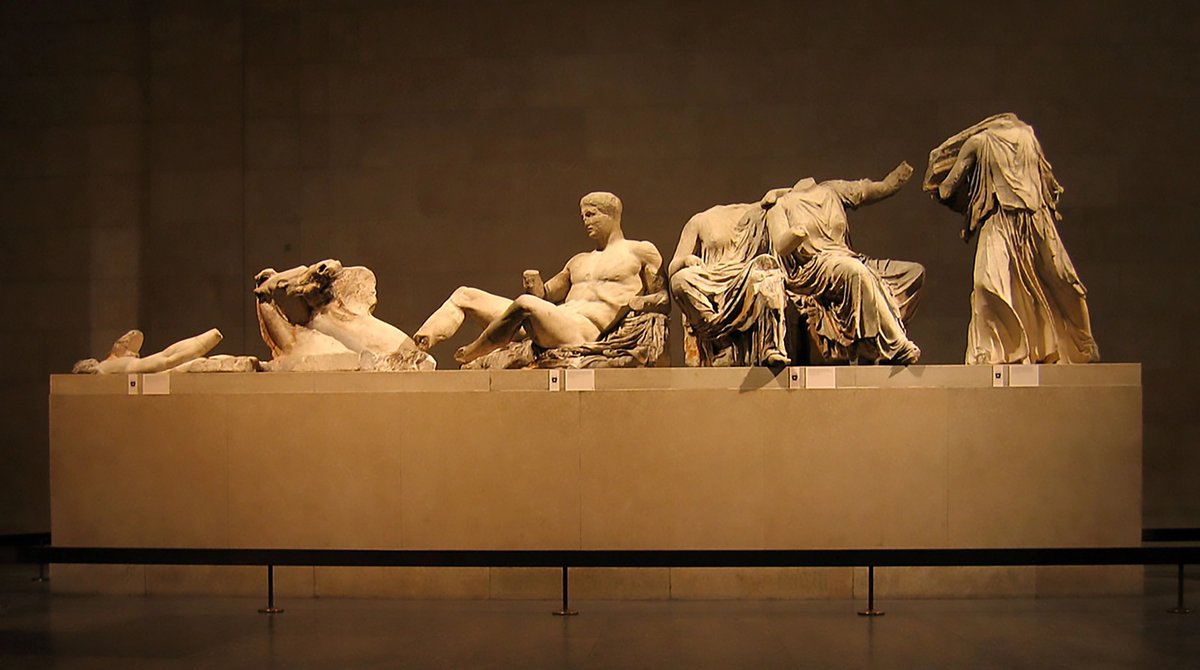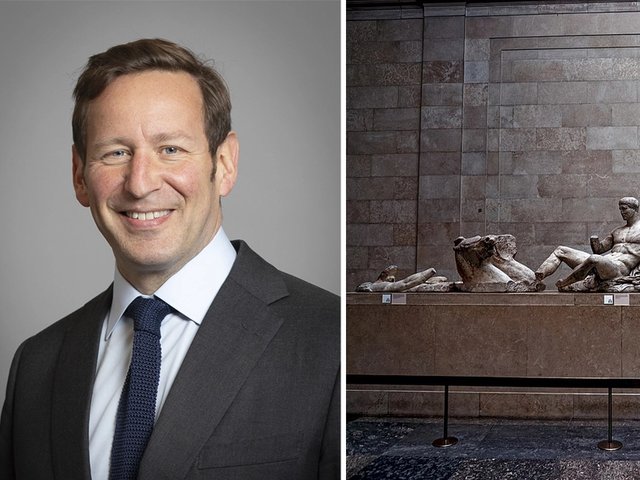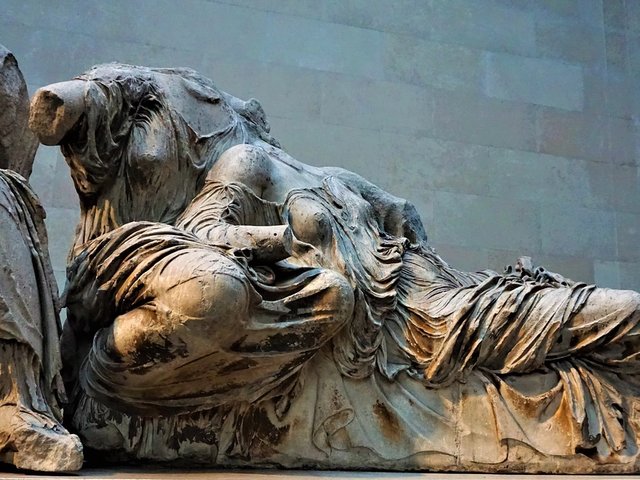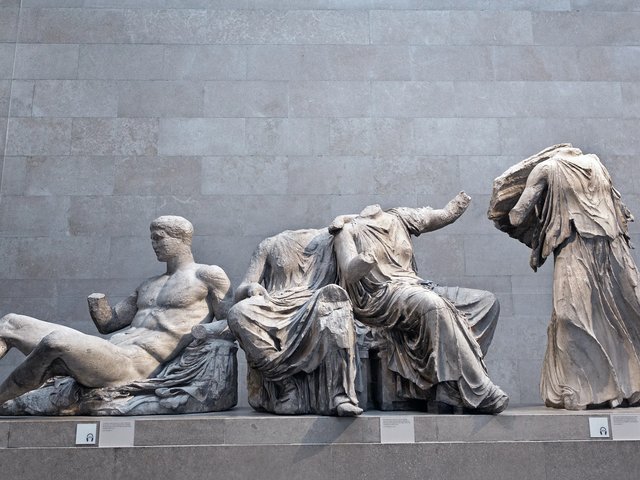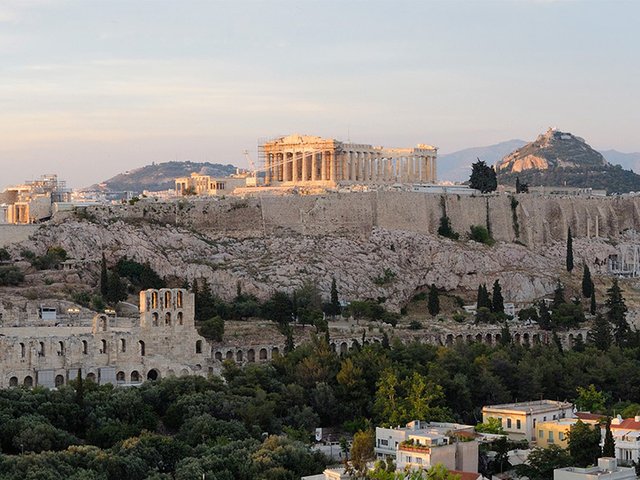The UK prime minister, Boris Johnson, has shifted the decision for returning the Parthenon Marbles to Greece to the trustees of the British Museum after meeting the Greek prime minister, Kyriakos Mitsotakis, yesterday. Last week, Mitsotakis ramped up his demands for returning the ancient artefacts, saying that the sculptures belong in the Acropolis Museum in Athens.
Following the inter-governmental talks, a Downing Street spokesperson said that Mitsotakis raised the issue of the Parthenon sculptures. "The prime minister [Boris Johnson] said that he understood the strength of feeling of the Greek people on this issue, but reiterated the UK's longstanding position that this matter is one for the trustees of the British Museum.”
The spokesperson told the Guardian: “The British Museum operates independently of the government. It is free, rightly, from political interference… Any question about the location for the Parthenon sculptures is a matter for them.”
In March, however, Johnson said that “the UK government has a firm longstanding position on the sculptures which is that they were legally acquired by Lord Elgin under the appropriate laws of the time and have been legally owned by the British Museum's trustees since their acquisition”.
The fifth-century-BC statues have been housed in the British Museum since 1816 after they were removed from the Parthenon temple on the Acropolis in Athens by agents working for the Scottish nobleman Lord Elgin, the then ambassador to the Ottoman court. The sculptures went on display in the British Museum in 1817.
“His [Elgin's] actions were thoroughly investigated by a parliamentary select committee in 1816 and found to be entirely legal, prior to the sculptures entering the collection of the British Museum by act of parliament,” the museum says on its website.
Alexander Herman, the author of Restitution: the Return of Cultural Artefacts (Lund Humphries, 2021), confirms that “it would be up to the trustees to explore some sort of resolution of the matter with Greece and the Acropolis Museum.”
He adds: “Obviously any such resolution would have to fall short of full and permanent transfer, as per sections 3(4) and 5(1) of the British Museum Act 1963. Clearly the government has no intention of amending these. But halfway options like loans could be explored. That may be too little for the Greeks to find acceptable—so perhaps we are back where we started. What is unique is to find a Greek prime minister raising the issue prominently, eloquently and openly in talks with a British prime minister.” If the trustees agree to relinquish the marbles, the current act would need to be rescinded via an act of Parliament.
A British Museum spokesperson says that “our position is to remain focused on the value of the collection as a whole and the very important part the Parthenon sculptures play in that”. She adds: “The strength of the collection is its breadth and depth which allows millions of visitors an understanding of the cultures of the world and how they interconnect—whether through trade, migration, conquest, conflict, or peaceful exchange."
“The approach of the Acropolis Museum and the British Museum are complementary: the Acropolis Museum provides an in-depth view of the ancient history of its city, the British Museum offers a sense of the wider cultural context and sustained interaction with the neighbouring civilisations of Egypt and the Near East which contributed to the unique achievements of ancient Greece.”


